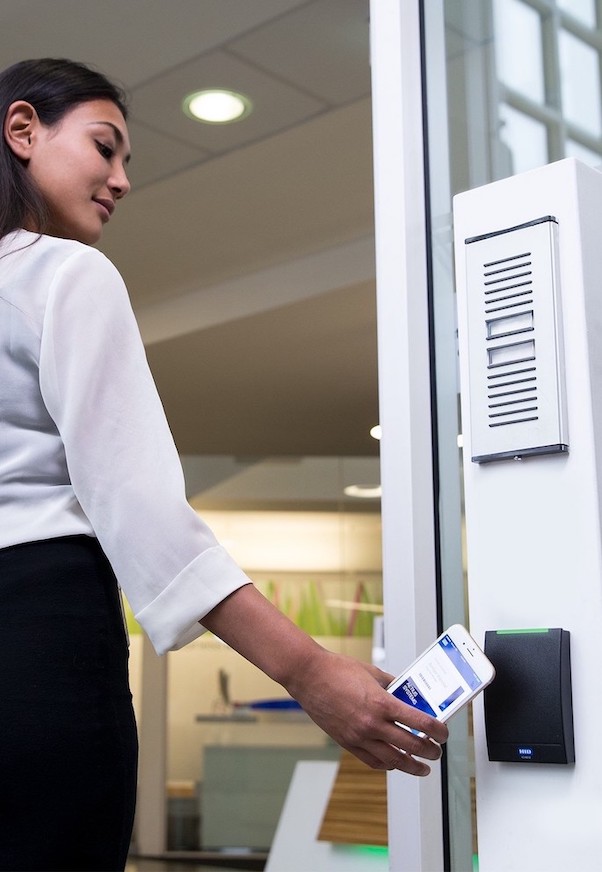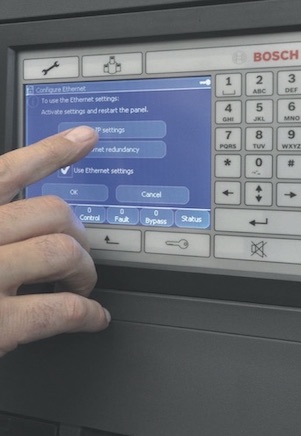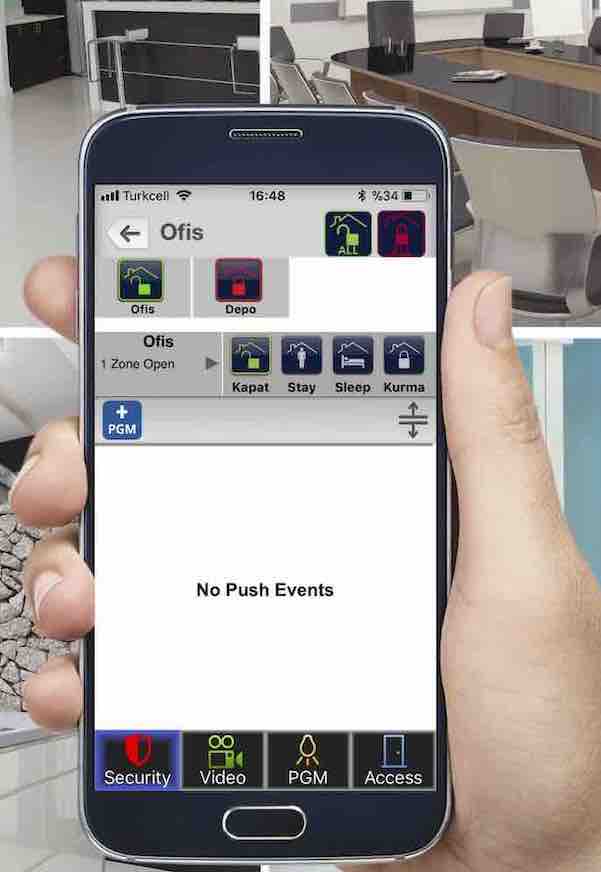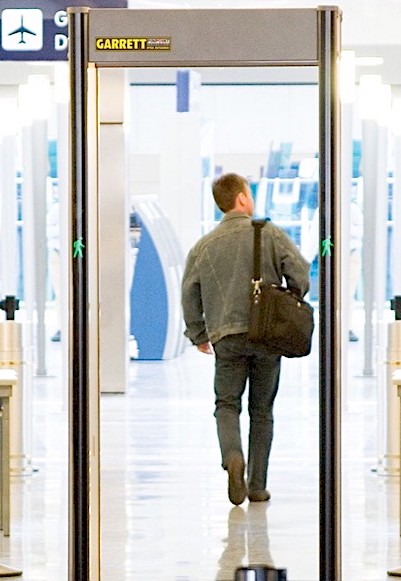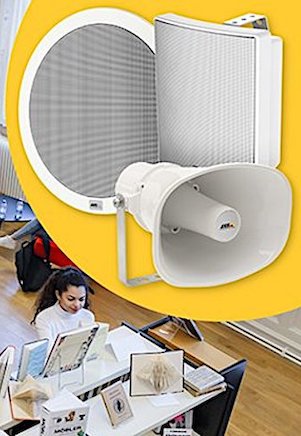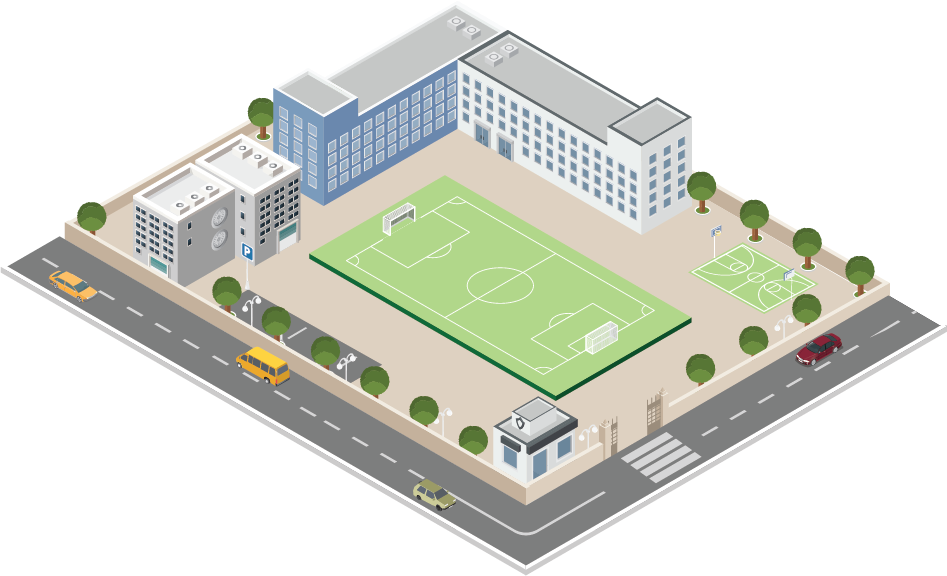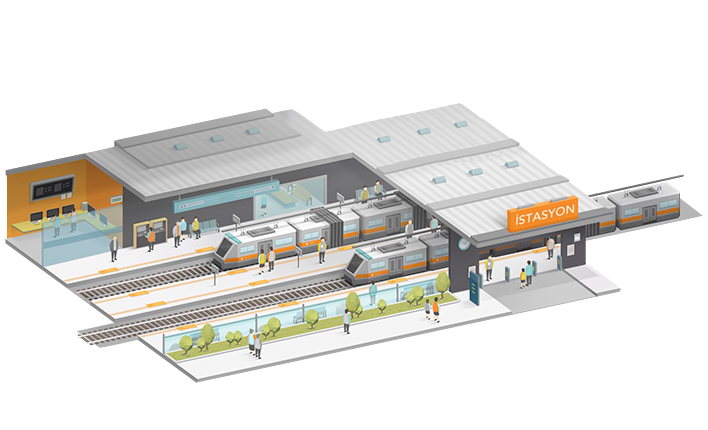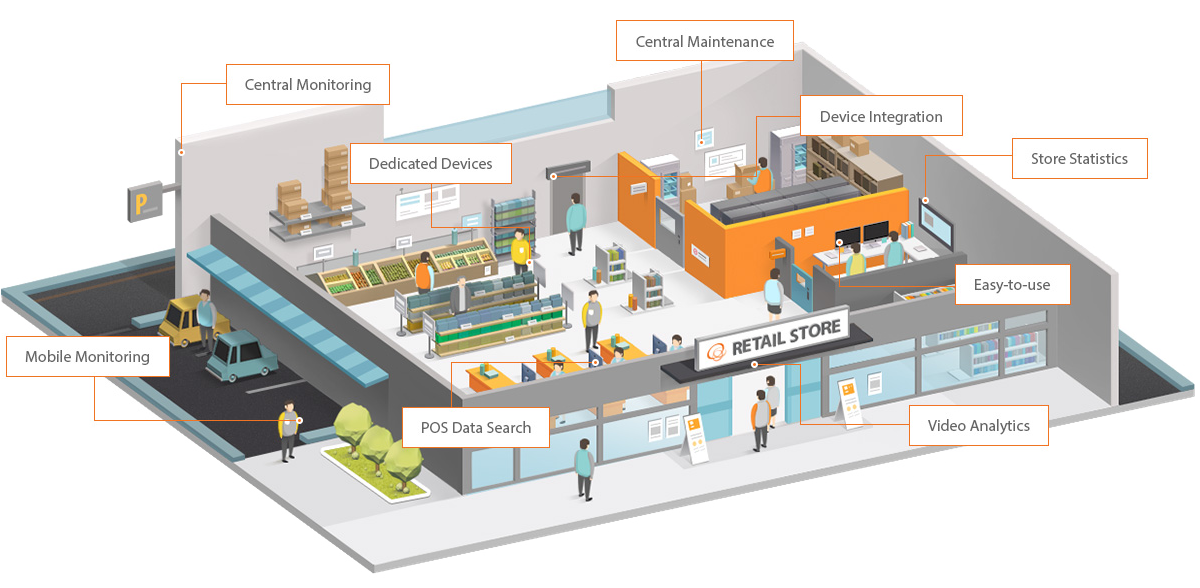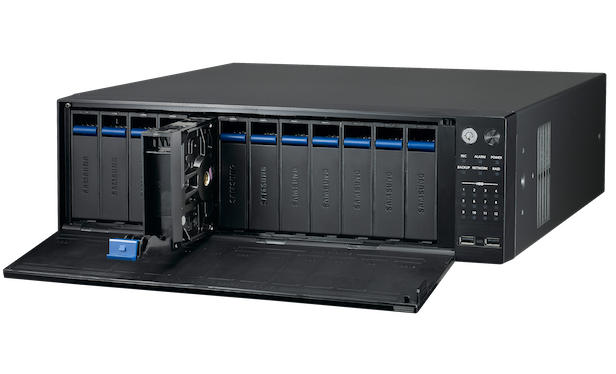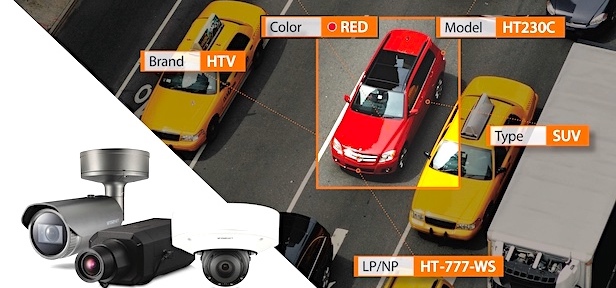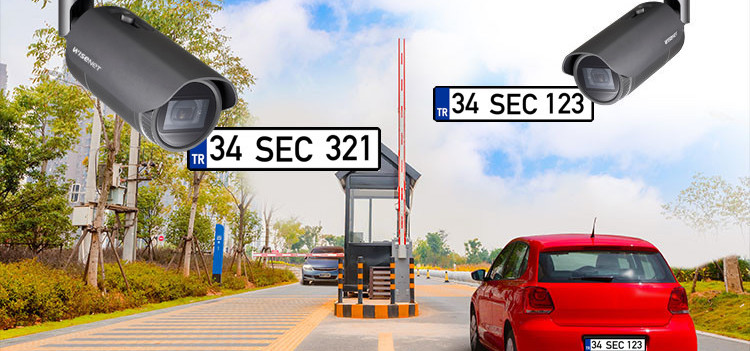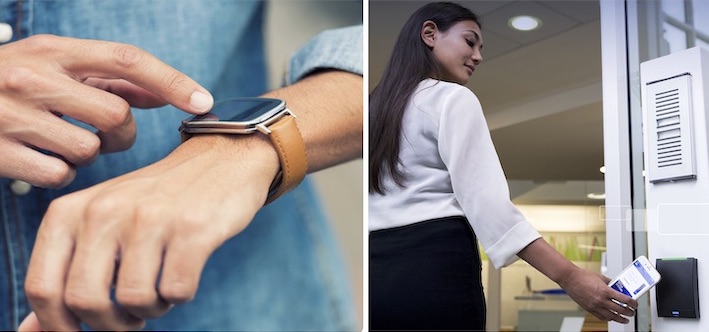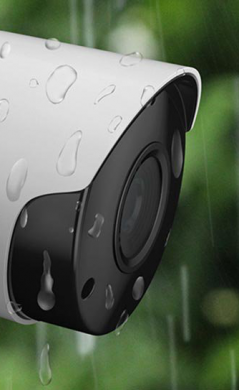Box and Dome Security Camera Differences

Security camera requirements vary in many cases. This forces manufacturers to produce different types of cameras.
While the first security cameras were box-type, the security cameras diversified with the development of surveillance technology and the emergence of competitive and easily accessible prices. Since the place of use is not known in advance, the manufacturer manufactures the camera by placing it in a rectangular prism shaped box. This type of camera is called box-type camera. These cameras can be installed anywhere. It is the capability of the lens that is mounted in front of it with the base on which it is mounted, which determines the limits of the viewing direction and angle of the camera. Therefore, they have a wide usage area. They are mounted inside the building with mounting feet, outside the housing, inside the machines, even telescopes. In short, they can be mounted anywhere we want to observe from a suitable perspective. Particularly in indoor installations, the cameras are easy to reach and are open to sabotage by changing the direction and angle. There are mains operated models (220VAC). They can therefore be installed without the need for an additional adapter.
Another feature of box-type cameras is that their lenses are interchangeable. Manufacturers generally produce these products without lenses so that they can be assembled by selecting the appropriate lens according to the field and point of view. For example, a box-type camera with a 1/3 "CCD can be mounted at a 82 ° angle * by attaching a 2.8mm lens, while a 100mm lens can be viewed at a 2.75 ° angle with the same camera.
Dome-type cameras are models placed inside an inverted glass dome. Since they cannot be intervened from outside, they must be protected against sabotages such as changing direction and distortion. Simplified according to the most common use. In indoor spaces where dome-type cameras are generally used, since the lens dimensions are not required at extreme ends, they come in lenses of 2.8-10 mm in size and these lenses are fixed to the body of the camera. Since the camera stands in a glass dome, the size of the lens to be used is certain. The use of larger lenses is not possible. They are usually produced with adjustable lenses ranging from 2.8-10mm or within the same measurement limits to obtain the optimum image in the most frequently used indoors. Due to space constraints in the dome, the models operating with mains voltage are negligible. Additional adapters can be supplied.






